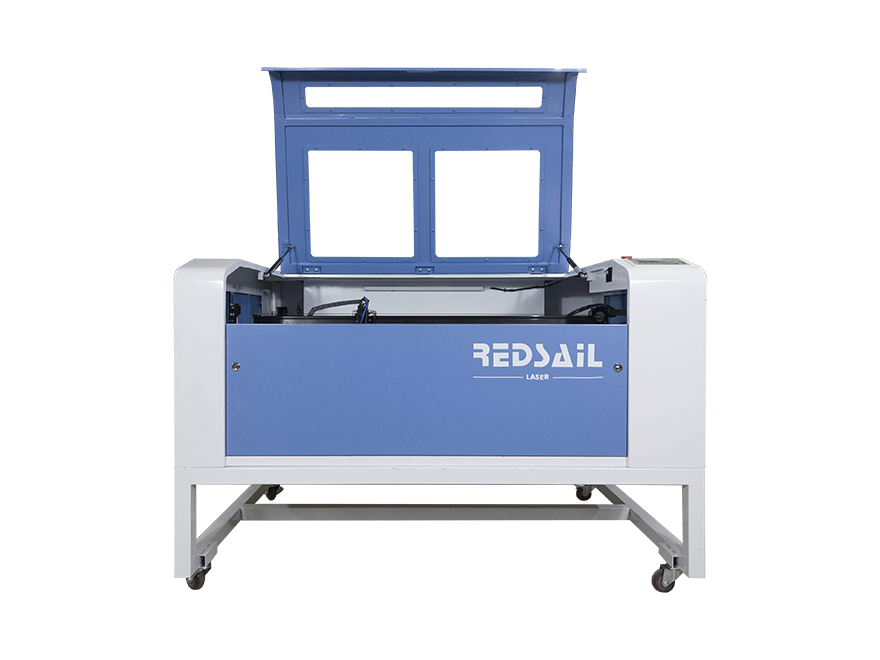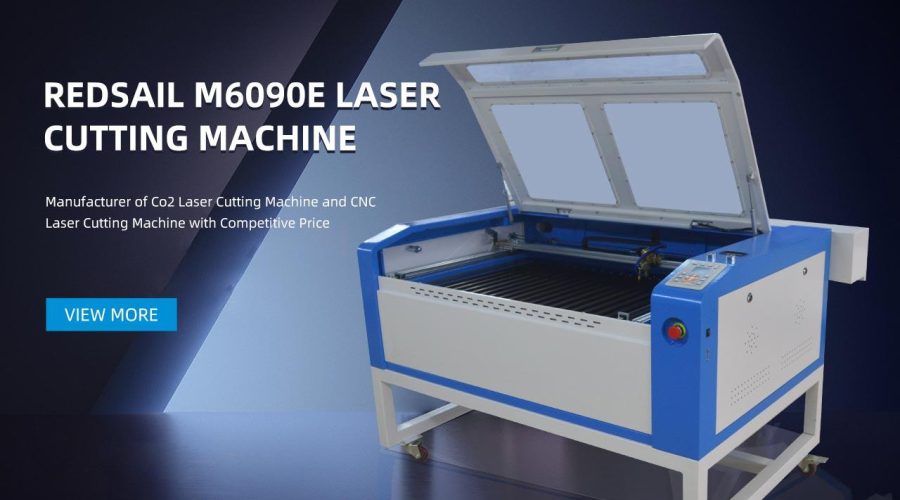Do Wood Laser Cutter Glasses Really Provide Adequate Eye Protection?
Introduction
Wood laser cutters have become increasingly popular tools for various woodworking projects. While these machines offer great precision and versatility, they also pose certain risks, especially to the eyes. Protecting one’s eyes is of utmost importance when operating a wood laser cutter. One commonly used method for eye protection is the usage of laser cutter glasses. However, one may question whether these glasses provide adequate protection. In this article, we will examine the effectiveness of wood laser cutter glasses in safeguarding your eyes during woodworking tasks.
The Importance of Eye Protection
Before delving into the effectiveness of wood laser cutter glasses, it is crucial to understand why adequate eye protection is essential. Laser cutters emit a powerful beam of concentrated light that can cause serious damage to the eyes upon direct exposure, including temporary or permanent vision impairment. The intense laser beams have the potential to cause cornea burns, retinal damage, and other eye injuries.
How Do Wood Laser Cutter Glasses Work?
Wood laser cutter glasses are specifically designed to protect your eyes from harmful laser radiation. They are equipped with high-quality lenses that provide optical density, which determines the ability of the glasses to block out specific wavelengths of laser light. These glasses help filter and reduce the intensity of the laser beam that reaches your eyes, thus preventing potential eye damage.
Factors to Consider for Adequate Eye Protection
The effectiveness of wood laser cutter glasses in providing adequate eye protection depends on several factors. These considerations include:
1. Optical Density (OD)
Each type of laser has a specific wavelength, and wood laser cutter glasses come with optical density values that correspond to those laser wavelengths. A higher OD value indicates a greater ability to block out laser radiation. It is important to choose glasses with an appropriate OD for the laser being used, ensuring sufficient protection against that specific wavelength.
2. Frame Design
The frame design of the wood laser cutter glasses also plays a vital role in providing adequate eye protection. It should fit securely and comfortably on your face, preventing laser light from entering through any gaps. Look for glasses with wrap-around frames or additional side shields for enhanced protection from peripheral laser beams.
3. Lens Material
The lens material should be durable and resistant to scratches and impact. Polycarbonate lenses are commonly recommended for laser protection glasses due to their high strength and lightness. They are less likely to shatter upon impact, reducing the risk of eye injuries.
4. Compliance with Safety Standards
Ensure that the wood laser cutter glasses meet relevant safety standards, such as those set by the American National Standards Institute (ANSI) or the International Electrotechnical Commission (IEC). These standards indicate that the glasses have undergone rigorous testing and provide the necessary level of protection against laser radiation.
FAQs
Q1: Can I use regular safety glasses instead of wood laser cutter glasses?
A1: No, regular safety glasses do not provide adequate protection against laser radiation. Wood laser cutter glasses are designed specifically to block out harmful laser wavelengths, whereas regular safety glasses are not equipped to handle laser beams efficiently.
Q2: Are wood laser cutter glasses necessary for all woodworking tasks?
A2: Wood laser cutter glasses are highly recommended for any woodworking task involving the use of a laser cutter. Even with proper safety measures in place, accidents can happen, and it is crucial to prioritize eye protection at all times.
Q3: How often should I replace wood laser cutter glasses?
A3: It is recommended to replace wood laser cutter glasses every two years, or earlier if they become scratched or damaged. Over time, the effectiveness of the lenses may degrade, compromising their ability to provide adequate eye protection.
Q4: Can I use wood laser cutter glasses that have undergone damage?
A4: No, if your wood laser cutter glasses have undergone damage, such as cracked lenses or broken frames, they should be replaced immediately. Damaged glasses may not provide adequate protection, putting your eyes at risk of laser radiation exposure.
Conclusion
Wood laser cutter glasses are crucial for ensuring adequate eye protection during woodworking tasks involving laser cutters. By carefully considering factors such as optical density, frame design, lens material, and compliance with safety standards, one can select glasses that provide suitable protection against harmful laser radiation. Remember, protecting your eyes should always be a priority when operating a wood laser cutter, and using proper eye protection is essential for maintaining eye health and safety.





